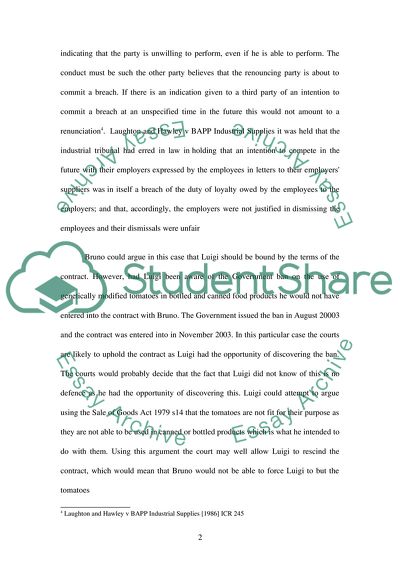Cite this document
(The Contract between Bruno and Luigi Case Study - 2, n.d.)
The Contract between Bruno and Luigi Case Study - 2. Retrieved from https://studentshare.org/law/1706549-contract-law
The Contract between Bruno and Luigi Case Study - 2. Retrieved from https://studentshare.org/law/1706549-contract-law
(The Contract Between Bruno and Luigi Case Study - 2)
The Contract Between Bruno and Luigi Case Study - 2. https://studentshare.org/law/1706549-contract-law.
The Contract Between Bruno and Luigi Case Study - 2. https://studentshare.org/law/1706549-contract-law.
“The Contract Between Bruno and Luigi Case Study - 2”. https://studentshare.org/law/1706549-contract-law.


